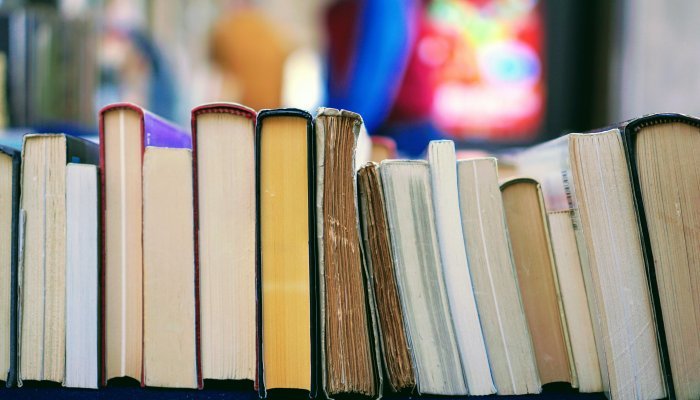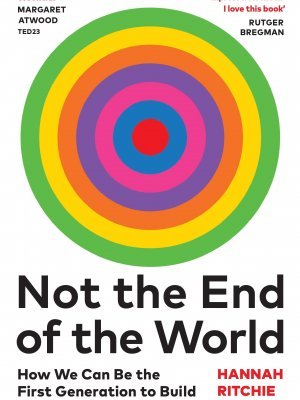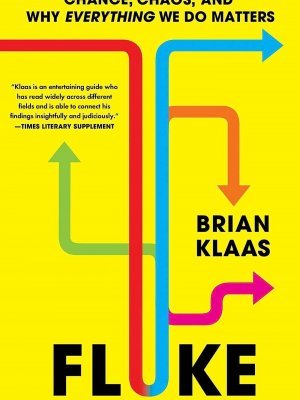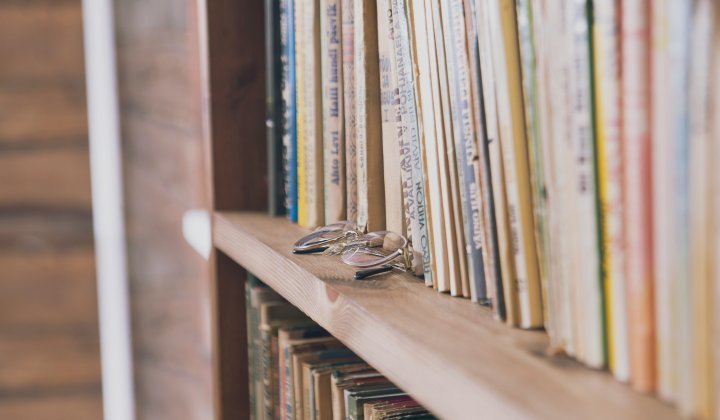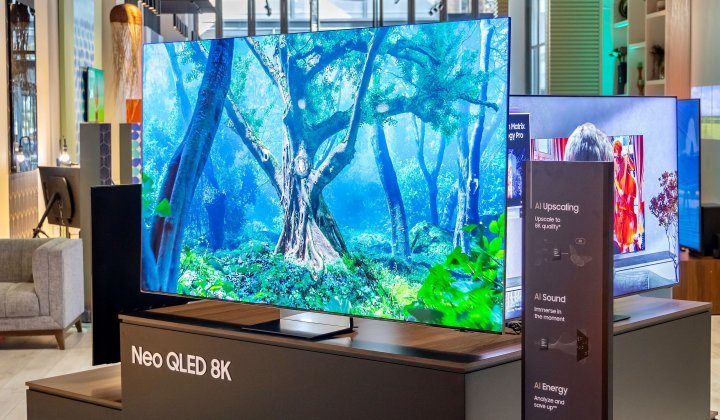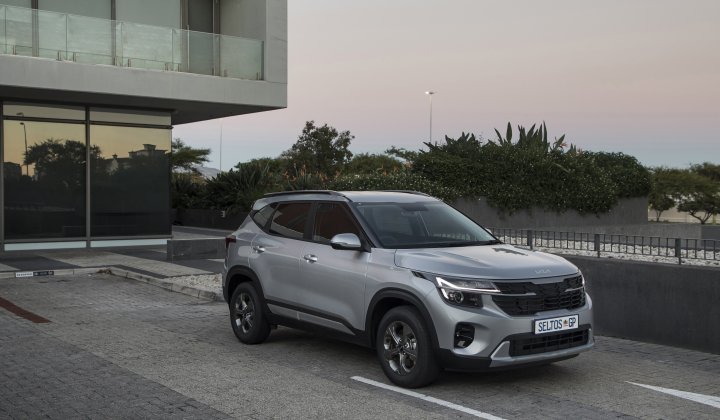Fluke: Chance, Chaos, and Why Everything We Do Matters
Brian Klaas
John Murray – R470
There is a beguiling paradox at the heart of Brain Klaas’s Fluke, subtitled Chance, Chaos, and Why Everything We Do Matters. It starts with compelling proof that chance and randomness is at the very heart of human existence. Klaas, a professor of global politics at University College London, recounts two stories.
The first relates to the holiday in late October, 1926, of Mr. and Mrs. H.L. Stimson, an American couple who visited the Japanese city of Kyoto. Klaas recounts how they fell in love with the ancient city. Fast forward 19 years to the desert of New Mexico, where a team of American scientists led by Robert Oppenheimer had just built the first atomic bomb. Nazi Germany had surrendered, but not Japan. It was determined that the bomb would be used to bring a swift end to an increasingly bloody war of attrition. The first target would be the city of Kyoto.
Step forward H.L. (Henry) Stimson, now America’s Secretary of War. He was determined that Kyoto should be spared and lobbied President Truman intensively to that effect. Stimson prevailed and so it was that on 6 August 1945, the first atomic bomb was dropped on Hiroshima. Tens of thousands of people in one city were spared, tens of thousands in another died because of one man’s holiday two decades earlier.
Klaas’s second tale is deeply personal. His great-grandfather’s first wife killed her four children and then took her own life. It was shocking and tragic, but Klaas makes the point that had it not happened, his grandfather would not have remarried the woman who became his own great-grandmother, and he would not have been born.
Two extraordinary events of apparently extreme randomness, but with far-reaching consequences. They are examples of what we have come to understand as chaos theory, or, as Klaas puts it, “the fact that our lives are the product of everything that came before us”.
However, that brings us to the second part of the paradox.
If we are the product of everything that has gone before us, right back to the first archaeobacteria to emerge from the primal sludge and give birth to life, then where does what we humans call free will fit into the picture?
According to Klaas, it doesn’t – he admits to being a determinist and states that there is no such thing as free will. He notes that, of course, if you are religious and believe that everything is pre-ordained by a god or gods, nothing he says will change your mind; faith will always triumph over fact.
The laws of physics dictate that a thing is either caused or uncaused, says Klaas, and that applies to our decisions. Thus, we see the central paradox: everything in our existence is affected by chance and randomness, but everything is also caused by what preceded it. His conclusion is that we are all part of an enormous web stretching back to the beginning of life, and therefore we need to be aware that everything we do matters, because it will ultimately affect everything that lies not just in your future, but in mine, too.
Klaas’s book is filled with extraordinary anecdotes and evidence to back his viewpoint. It’s a fascinating read, occasionally sinewy as he reaches into the deeper corners of philosophy, but one that deserves to be read, especially by leaders of business. The decisions you make today in your elegant corner office will have ripples that you can’t imagine, far into the future.
Not the End of the World: How We Can Be the First Generation to Build a Sustainable Planet
Hannah Ritchie
Penguin – R420
“Never let the facts interfere with a good story” is an old joke among older hacks, but Oxford University’s Dr. Hannah Ritchie is determined to spoil the fun! As well as being a senior researcher in the university’s Programme for Global Development, she is also deputy editor and lead researcher at Our World in Data, one of the key online sources for accurate, reliable information on global trends.
Ritchie is also an environmental scientist and she pulls all of her skills together to present a very different view of the impending climate disaster.
It’s not that Planet Earth is not in trouble; it is, but the continuous flow of impending doom and irreversible disaster fed to us on a daily basis by the media is not an accurate reflection, Ritchie believes. In many areas of concern, we are making progress, and more than most people realise. Once we understand that progress and what we as individuals and societies can do to speed that progress along, Ritchie believes that we do have a real chance of making the planet sustainable.
She focuses on what she calls “seven big problems”: air pollution, climate change, deforestation, food, biodiversity, ocean plastics, and overfishing. Each section begins with background information then moves to the true state of affairs. Did you know that China has halved its air pollution problem in just seven years? Or that palm-oil production is one of the most productive uses of land when compared to almost every other crop? That the consumption of beef, followed by lamb, is one of the major causes of deforestation? That living in a city is far more environmentally beneficial than moving to the country? That organic farming is more harmful than its factory-based counterpart (except for insects)?
Ritchie ends off each section by discussing the things we need to stress less about. For example, banning the use of plastic drinking straws will have almost zero impact on the plastics in the oceans. She holds that nuclear power “needs a rebrand” – it’s incredibly safe and clean. Cities are not the cause of deforestation – the blame for that can be laid at the door of food production. To solve that problem, we need to change what we eat – less beef and lamb – and increase crop yields. In turn, that means getting away from fears about genetically modified seeds and developing more heat- and drought-resistant strains.
I found particularly refreshing her list of things we need to stress less about at the end of the section on climate change. She admits that in an earlier part of her life she obsessed over her own carbon footprint. Should she use a paper towel or a hand-dryer after washing her hands? (“Paper towel if you’re just using one sheet, but hand dryer if you go for two.”) Now she focuses on the things that really make a difference and reports that we don’t really need to worry about recycling plastic bottles or replacing old bulbs with energy-efficient ones. Nor even whether we watch TV, stream movies or use the internet.
Ritchie’s is a refreshing and informative perspective that should restore some balance to the climate debates. But whether it will cause enough significant change to tilt the balance towards the sustainable planet she says is possible remains to be seen.


